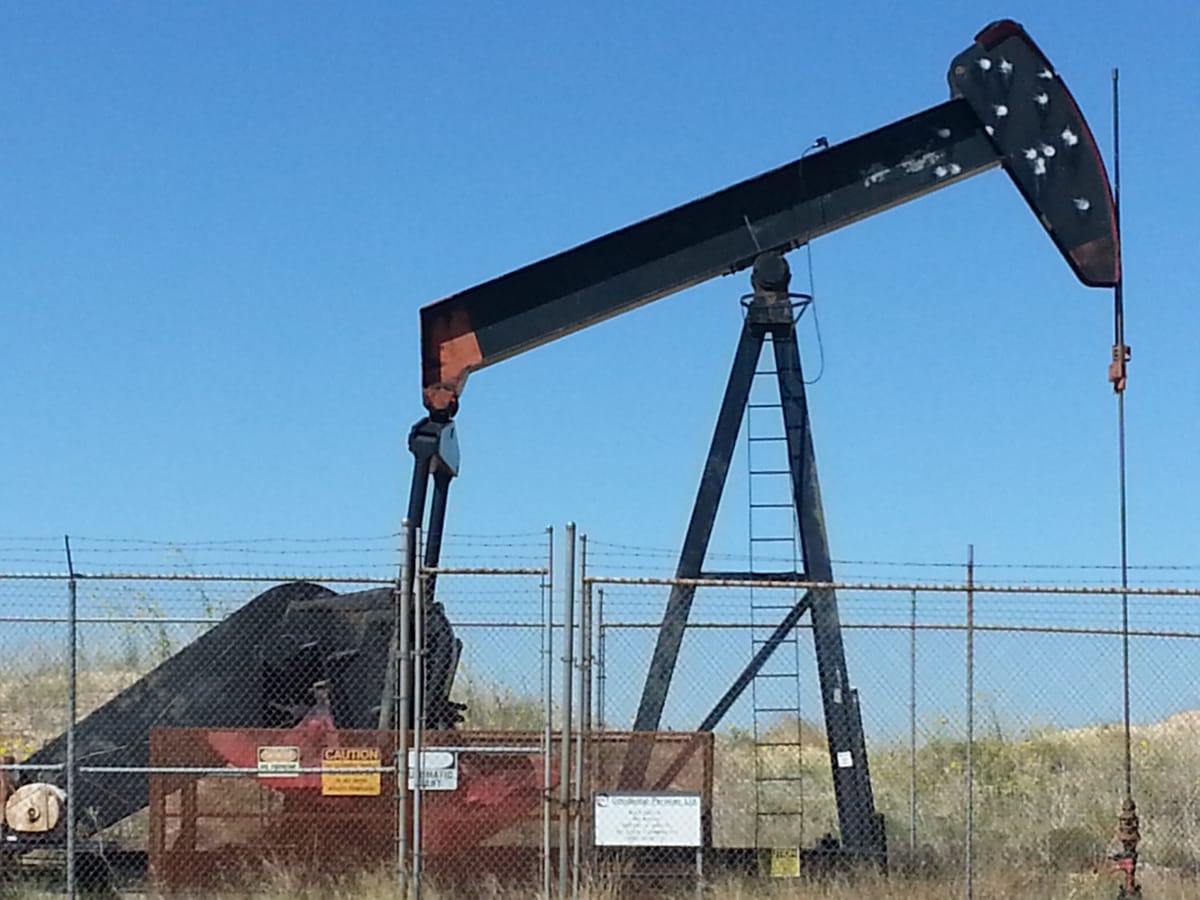No country for old landmen
Change is the one constant in the world, but not always a constant within us.

What does the future hold for those who see themselves as landmen and little more? That’s the question a friend and I often ponder during our regular coffee chats. It’s a question I often ponder alone as well.
If there’s only one constant in life, that constant is change. And the landman field has seen a number of changes since I first started searching courthouse records in North Texas’ Barnett Shale play in 2008.
Landmen over the years
Early in my tenure, the old-timers weren’t exactly fans of the new technology encroaching on their profession. ‘Your computer’s in the way,’ one might say when they opened a tract book and bumped your laptop. Why would you create your reports in Microsoft Excel and Word when pen and paper works just fine?
Digitization of deed records eventually meant no one needed to go to the courthouse anymore. If you couldn’t find a document online, chances were good you could call someone else on the team to take a trip to the courthouse to track down the needed document. Or maybe you could sweet-talk one of the ladies at the courthouse to search for you. ‘You’ll always need a landman at the courthouse!’ some in the field cried. But the last few years have shown that’s simply untrue.
‘When I got into the business,’ an old-timer might say, ‘a landman did it all! Run title, get leases, negotiate surface agreements—we did it all.’ By the time I broke in, it was common for landmen to have adjectives in front of their jobs: title landman, leasing landman, curative landman, and so on.
But these days, hardly anyone’s hiring title landmen as there’s no new exploration happening, so there’s little need for full title work. Leasing landmen aren’t faring much better. There are few new blocks of land needing to be leased up. And all the land trades and mergers and acquisitions are negotiated by the executives of the E&P companies. (Does anyone bother digging into the weeds before they acquire anything these days? Is there any work for due diligence landmen?)
But in recent years, ‘landman’ seems to have become synonymous with ‘mineral buyer,’ as mineral acquisition companies have been among the few hiring for the profession.
The mineral buying space has been overcrowded for a while. Financing for most new ventures is hard to come by. Some outfits will need to close shop or consolidate. So the days of relying on the mineral buying industry as the sure thing for holding onto to that coveted ‘landman’ title are likely long gone.
Landmen in the years ahead
So where do you go now if you want to keep calling yourself a landman? The good news is that some new opportunities are out there. Landmen are needed to negotiate surface agreements for wind and solar farms. Some may hem and haw at the idea, but the American Association of Professional Landmen (AAPL) has given its blessing, as it recently rolled out related education certificates.
Maybe staying a landman requires focusing on energy rather than petroleum. ‘You’ll always need oil and gas,’ some might say, ‘so you’ll always need landmen.’ I agree on both fronts. I’m not suggesting that landmen as a whole will disappear, but merely that either their numbers will fall or the profile of what constitutes a landman will likely change. One—or all—of these factors must change, just as the world is changing.
The landman field has changed so much in the sixteen years since I got into the game. Who knows what the next sixteen years hold.
Stay flexible, my friends.